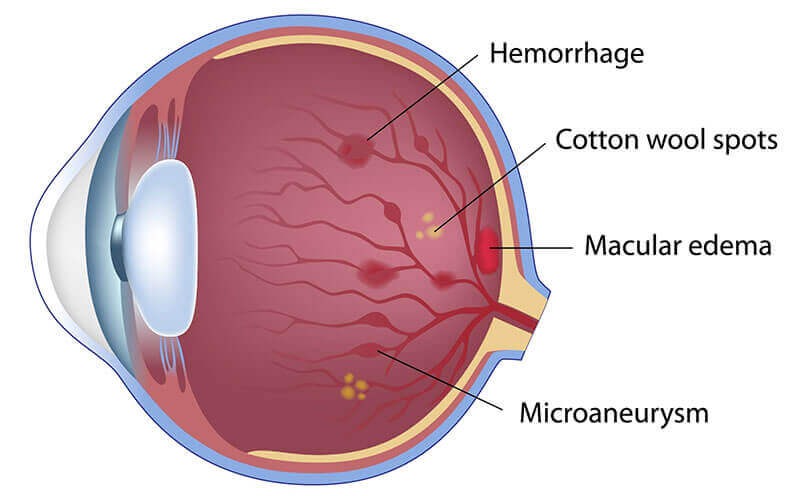
Eye Care Technology: A New Era in Retina Treatment
The field of retina care has been revolutionized by technological advancements, significantly enhancing the diagnosis, treatment, and management of retinal diseases. These innovations have not only improved the precision and efficacy of treatments but also opened new avenues in patient care, making previously untreatable conditions manageable.
Key Technological Innovations in Retina Care
Optical Coherence Tomography (OCT):
Description: OCT is a non-invasive imaging test that uses light waves to take cross-sectional pictures of the retina.
Impact: It allows for early detection of retinal diseases and precise monitoring of disease progression and treatment response.
Wide-Field Imaging Systems:
Description: These systems provide ultra-widefield, high-resolution images of the retina, enabling comprehensive assessment of peripheral retinal changes.
Impact: They are crucial in diagnosing and managing conditions like diabetic retinopathy and retinal detachment.
Artificial Intelligence in Diagnostics:
Description: AI algorithms analyze retinal images to detect and predict the progression of diseases like diabetic retinopathy and age-related macular degeneration.
Impact: AI enhances early detection, reduces diagnostic errors, and personalizes treatment plans.
Microincision Vitrectomy Surgery (MIVS):
Description: MIVS involves making tiny incisions in the eye for vitreous removal and retina repair, significantly reducing recovery time.
Impact: It offers a safer, less invasive option for patients, leading to quicker recovery and reduced complications.
Retinal Prosthetics and Gene Therapy:
Description: Advanced therapies for conditions like retinitis pigmentosa and age-related macular degeneration.
Impact: These innovative treatments offer hope for restoring vision in patients with severe retinal degeneration.
The Future of Retina Care: Predictions and Possibilities
The future of retina care looks promising with ongoing research and development. Innovations like biodegradable implants for sustained drug delivery and stem cell therapy for regenerating retinal cells are on the horizon. These advancements could further revolutionize the treatment of retinal diseases, potentially restoring vision in cases previously deemed irreversible.
Technology’s role in retina care is a testament to the remarkable progress in medical science. These advancements not only improve the quality of care but also offer new hope to patients with retinal diseases. As technology continues to evolve, it promises even more groundbreaking treatments and possibilities in the field of retina care.
